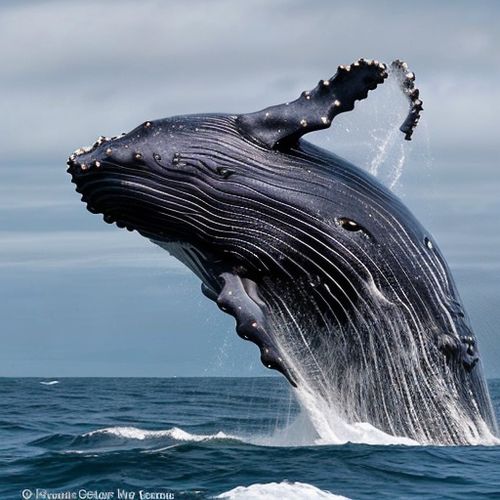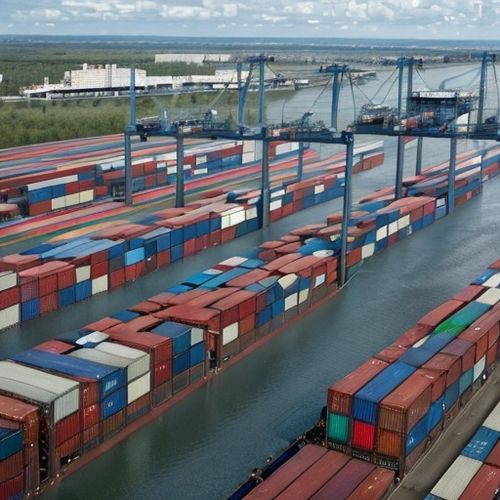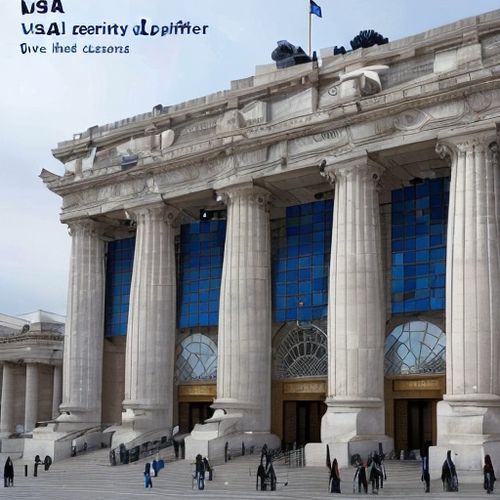The world of customs regulations is a complex and ever-evolving landscape that impacts global trade, travel, and economic policies. Governments around the globe implement these rules to control the flow of goods across borders, ensuring compliance with national laws, security protocols, and international trade agreements. For businesses and individuals alike, understanding these regulations is crucial to avoiding delays, fines, or even legal repercussions.
Customs regulations serve multiple purposes, from protecting domestic industries to preventing illegal activities such as smuggling and trafficking. Each country has its own set of rules, often influenced by regional trade blocs or bilateral agreements. For instance, the European Union operates under a unified customs code, while countries like the United States and China maintain distinct frameworks tailored to their economic and security priorities. Navigating these differences requires meticulous attention to detail and, often, professional guidance.
One of the most critical aspects of customs regulations is the classification of goods. Products entering or leaving a country must be accurately categorized under harmonized system (HS) codes, which determine applicable tariffs and restrictions. Misclassification can lead to significant financial penalties or shipment seizures. Businesses engaged in international trade must invest in training or consult experts to ensure compliance, as even minor errors can disrupt supply chains and damage reputations.
Beyond classification, customs regulations also govern the valuation of goods. Authorities require transparent declarations of value to assess duties and taxes correctly. Underreporting values to reduce costs is a common but risky practice that can trigger audits or legal action. Many countries employ advanced data analytics and risk assessment tools to detect discrepancies, making it increasingly difficult to bypass these requirements undetected.
Another layer of complexity arises from trade sanctions and embargoes. Governments impose these measures to restrict commerce with specific nations, entities, or individuals for political or security reasons. Companies must stay updated on these lists, as violations can result in severe penalties, including loss of import/export privileges. The dynamic nature of international relations means that sanctioned parties can change abruptly, requiring constant vigilance from traders.
For travelers, customs regulations often focus on restricted or prohibited items, currency declarations, and duty-free allowances. Ignorance of these rules is rarely accepted as an excuse, leading to confiscations or fines. Some countries have stringent biosecurity laws to prevent the introduction of pests or diseases, while others restrict cultural artifacts or endangered species. Pre-travel research is essential to avoid unpleasant surprises at border control.
Technology is playing an increasingly vital role in modern customs procedures. Automated systems, blockchain for supply chain transparency, and artificial intelligence for risk profiling are transforming how authorities monitor and process cross-border transactions. While these innovations promise efficiency, they also demand that businesses and individuals adapt to new compliance requirements and digital documentation standards.
The future of customs regulations will likely see greater international cooperation and standardization, driven by the need to facilitate legitimate trade while combating illicit activities. However, geopolitical tensions and protectionist policies may also lead to more fragmented and restrictive measures. Staying informed and proactive is the best strategy for anyone navigating this intricate and indispensable aspect of global commerce.

By George Bailey/Apr 28, 2025

By Lily Simpson/Apr 28, 2025

By Grace Cox/Apr 28, 2025

By David Anderson/Apr 28, 2025

By Megan Clark/Apr 28, 2025

By Natalie Campbell/Apr 28, 2025

By Olivia Reed/Apr 28, 2025

By Rebecca Stewart/Apr 28, 2025

By Eric Ward/Apr 28, 2025

By Grace Cox/Apr 28, 2025

By Noah Bell/Apr 28, 2025

By George Bailey/Apr 28, 2025

By Michael Brown/Apr 28, 2025

By Samuel Cooper/Apr 28, 2025

By Laura Wilson/Apr 28, 2025

By David Anderson/Apr 28, 2025

By Noah Bell/Apr 28, 2025

By Benjamin Evans/Apr 28, 2025

By Megan Clark/Apr 28, 2025

By Noah Bell/Apr 28, 2025